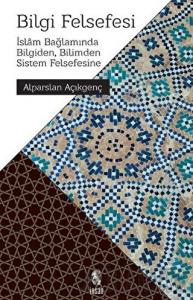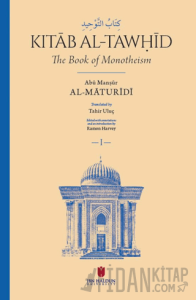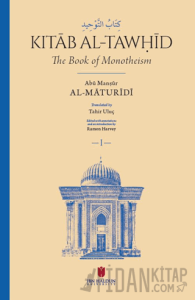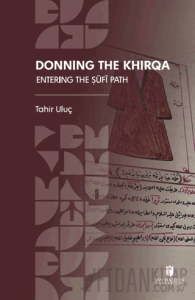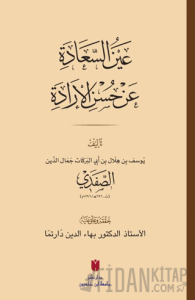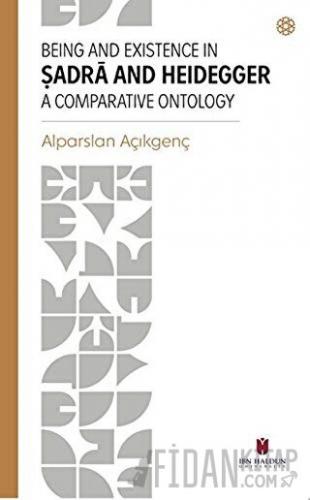
Ontological concepts –from the branch of metaphysics concerned with the nature of being- occupy a central position in philosophy. This is primarily because human beings are interested in understanding the natüre of existence, the question of why there is “something” rather than “nothing”, of enquiring into the meaning of existence and so forth. Ṣadr al-Dīn al-Shīrāzī (d. 1661), known as Ṣadrā or Mullā Ṣadrā, developed a new philosophical system based totally upon the concept of existence (wujūd). The same attempt was made by the German Philosopher Martin Heidegger (d. 1976).
This book is a fascinating comparative case study of both philosophers and demonstrates how, from the Islâmic and the Western traditions, they both base their philosophy on the concept of existence.
Ontological concepts –from the branch of metaphysics concerned with the nature of being- occupy a central position in philosophy. This is primarily because human beings are interested in understanding the natüre of existence, the question of why there is “something” rather than “nothing”, of enquiring into the meaning of existence and so forth. Ṣadr al-Dīn al-Shīrāzī (d. 1661), known as Ṣadrā or Mullā Ṣadrā, developed a new philosophical system based totally upon the concept of existence (wujūd). The same attempt was made by the German Philosopher Martin Heidegger (d. 1976).
This book is a fascinating comparative case study of both philosophers and demonstrates how, from the Islâmic and the Western traditions, they both base their philosophy on the concept of existence.






